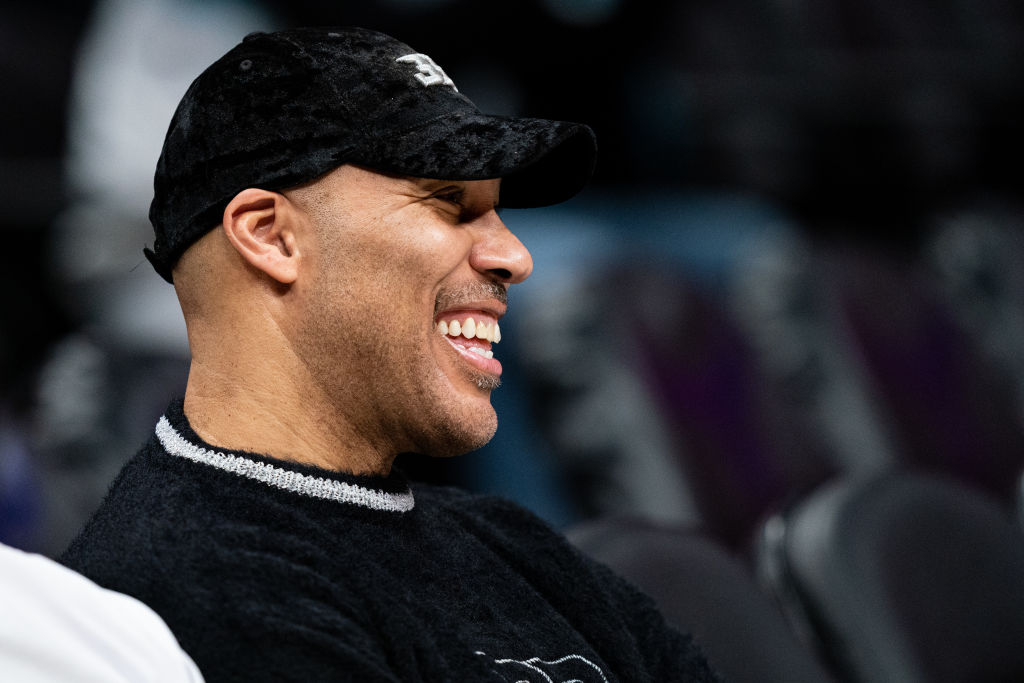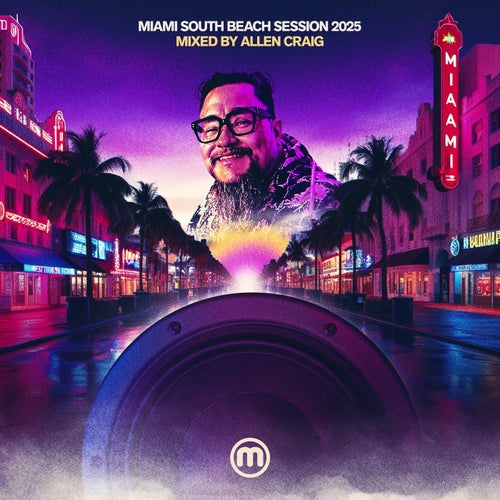Tide Lines are storytellers. They care about the environment, thrive on connecting with audiences and doing things their own way, but their first, and lasting love, is the power of song.
The Scottish four-piece - singer and guitarist Robert Robertson, guitarist Alasdair Turner, keyboardist Ross Wilson and drummer Fergus Munro - formed Tide Lines in 2016, with a manifesto to blend their love of folk and pop music and to release their music independently.
In the nine years since they’ve been inducted to the Barrowland Hall of Fame, toured relentlessly and are now about to release their fourth record, Glasgow Love Story, the follow up to 2023’s An Ocean Full of Islands, which saw them break into the UK album charts.
The day after we speak, they play their first show of the year, as the opening act before the Scotland vs. Wales Six Nations match at Murrayfield Stadium in Edinburgh. “It's quite a crowd and we're literally on right before the teams run out, so there will be the whole 67,000 people there, it's going to be great”, Robertson says. “We did it a couple of years ago, so we know what we're facing and hopefully we’ll get a few new fans in the process.”
Following their experience of playing in a stadium they’ll be on tour until the end of the year, starting with a series of intimate shows to continue their close bond with their fans. “We're doing underplays around Scotland as a thank you to people that pre-ordered the album. We're doing a couple of big Scottish festivals over the summer and the album tour will come towards tail end of the year.”
Tide Lines are a rarity in the world of the charts, whereby everything they do, from recording, pressing and releasing their records, is done by themselves. “It's hard work, but it's good. I think we get a lot of benefit from having the control ourselves, there’s four of us in the band, and we delegate”, Robertson explains. “When it comes to the actual album release, we're doing everything DIY, in terms of ordering the stock and everything that goes with it. But we enjoy it, it’s a labour of love.”
I ask if they’d ever be tempted to sign to a major label, and he says, “We would never say never to anything. But we've done things ourselves for so long and we've enjoyed it, it feels like the machine works well. So obviously, it would need to be something that added positively to it.”
As we talk through his Nine Songs selections, several themes emerge - his love of storytelling, the importance of the natural environment and his pride in Scotland’s impact on the world of music. His fellow Scots Simple Minds didn’t make the cut, but Robertson gives them an honorary mention.
“They’re an iconic Scottish band. A few years ago, at the Scottish Music Awards, we were given The Rising Sound Of Scotland Award. It was a really nice night and Simple Minds played. It was a small audience of industry people, all of whom had the utmost respect for them, and it was amazing to see them play in that space.”

Robertson is fascinated with what makes artists tick and tells me he’s read previous Nine Songs interviews. “It's a great feature. It's a great way to get an insight into an artist from an audience perspective. Reading it you find out things about people that you wouldn't normally know.”
When he approached his own Nine Songs, he decided to make an afternoon of it. “It was a sunny day the other week, which is rare in Glasgow. I sat outside with a notepad, and I must have scribbled down about thirty songs. I was trying to go, ‘Well, those bands are all kind of the same genre, so I'll just choose one of them.’ I got there eventually.
As we finish talking through his song choices, he realises that taken together, the songs tell a story of the passions that drive Tide Lines, but ultimately, they come back to where we started, with their shared love of the power of a song. “They all seem to link, which was kind of a fluke to be honest. I really didn’t attempt to link them, but they seem to link OK!”

 23 hours ago
5
23 hours ago
5


















 English (US) ·
English (US) ·